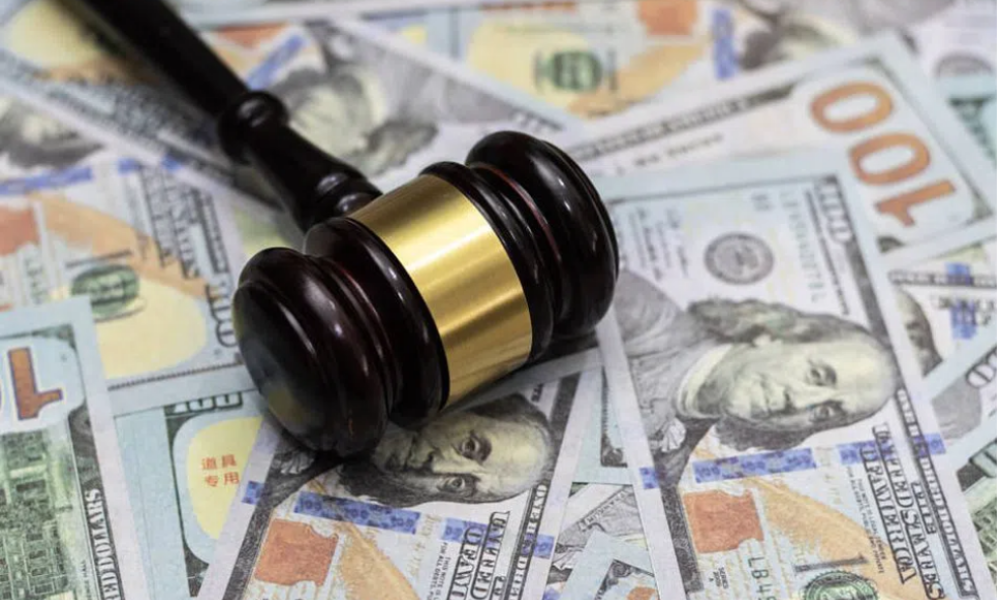GPB's founder was an accountant who couldn't do the firm's accounting

The “Ponzi-like” saga of GPB Capital Holdings took another turn this week when the Securities and Exchange Commission said the court had agreed to move the distressed manager of $1.7 billion in investor money into receivership.
Finally, a positive step forward out of a mess spawned, as the SEC put it in its 2021 lawsuit against GPB and senior executives, by a “Ponzi-like” scheme in which brokers got paid enormous 11% commissions, and GPB itself racked up 6% in assorted annual management fees.
A receivership for GPB means 17,000 investors are closer to getting clarity on what their private placements are really worth. Sold through more than 60 broker-dealers, including the giant network Advisor Group, which is now Osaic, GPB promised returns of 8% to investors at a time when they were getting zero yields on cash.
Private placements like GPB are supposed to be sold to wealthy or accredited investors, who, the reasoning goes, can absorb any losses from high risk and illiquid investments. In reality, many of the 4,000 seniors who invested in the GPB partnerships likely could tell a different story and are hurting because they have no access to funds and have seen no return on their investment for more than half a decade.
The GPB investors haven’t seen a nickel of distributions for more than five years and have essentially been dead in the water since 2018. That’s when the company, brainchild of Long Island accountant David Gentile, failed to file audited financial statements on its largest funds, a huge red flag for financial advisors and securities regulators. Accountants and auditors resigned, and in the winter of 2019, the firm’s offices were raided by the FBI.
In other words, GPB was a firm founded by an accountant, Gentile, who couldn’t do the accounting.
In 2021, Gentile and other executives were charged with fraud by the Justice Department; their trial is to start in June in federal court in Brooklyn.
GPB promised to pay distributions, think dividends, to investors from funds from operations of the portfolio companies it owned in five separate limited partnerships. The businesses GPB acquired to kick off the investor returns included auto dealers, garbage collecting businesses and health care companies.
Here’s the “Ponzi-like” part.
Beginning in August 2015, GPB Capital was unable to fund distributions from operations. GPB used investor funds to cover shortfalls, according to the SEC’s complaint, which it filed in February 2021 but highlighted on Tuesday in the announcement the scheme was moving from a monitor to a receiver.
According to the SEC’s complaint, GPB paid investors $262 million in distributions through August 2018. But $137 million of that, or a little more than half, came from investor money in four of the five partnerships GPB sold through broker-dealers.
“The belief now is that investors in GPB auto partnerships could do OK,” said one industry source, who asked to speak confidentially about the matter. “No one really knows about the trash or medical businesses. GPB was paying investors an 8% yield, but it didn’t tell them it was a return of their initial investment.”
The receiver, Joseph T. Gardemal III, has a month and a half to provide the court with an accounting of GPB assets and propose a plan to distribute assets to investors. He also served as the monitor of GPB since 2021, successfully selling a top auto dealership for $880 million in cash and then land in New Jersey for a reported $78 million, so it appears that Gardemal is an appropriate choice to make sense of this rat’s nest of outrageous fees and commissions.
The brokerage industry continues to come up short when it sells such high-risk investments like GPB. Until broker-dealers cease to chase outrageously high commissions, the industry will continue to harm clients.



